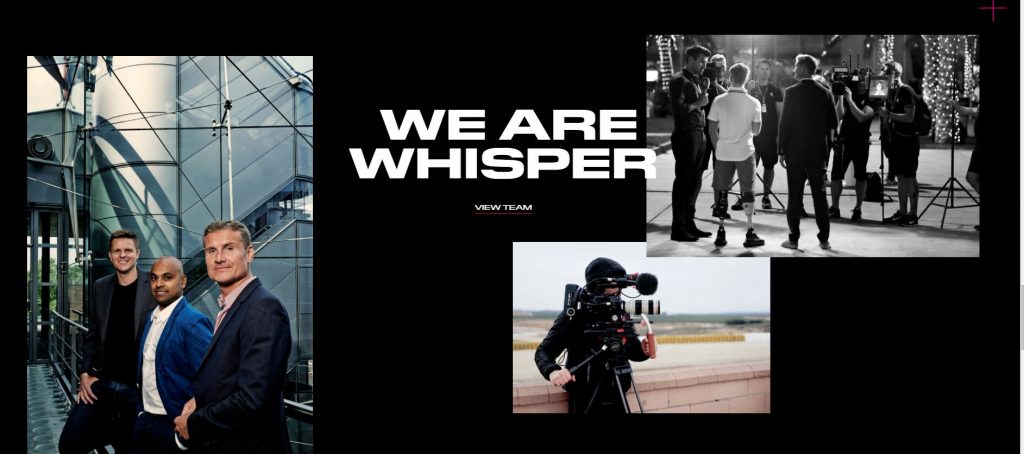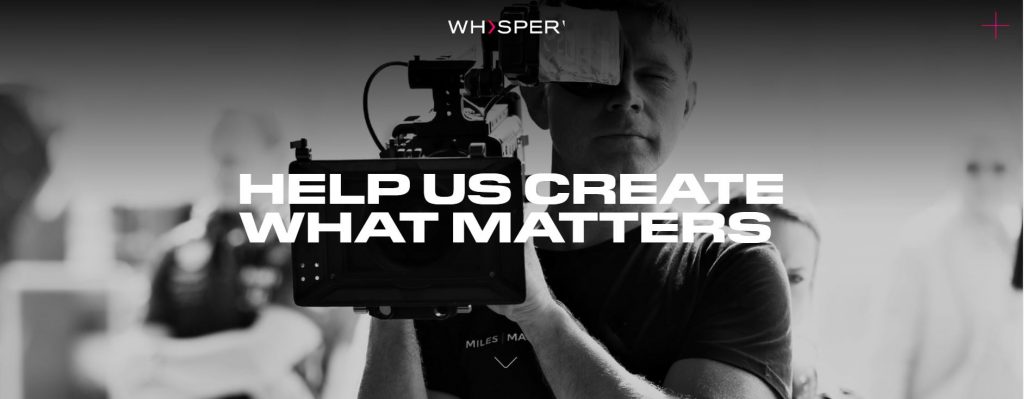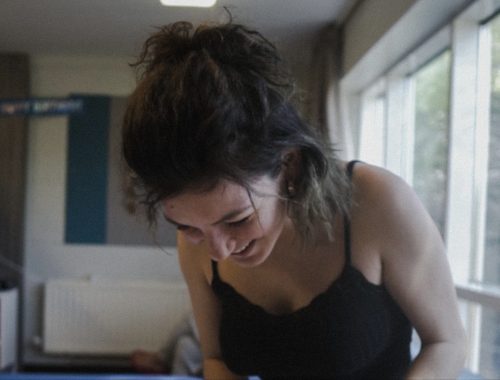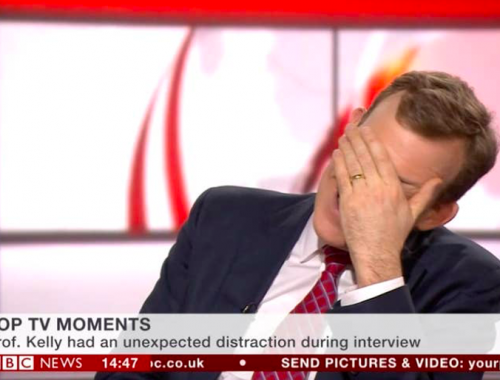Simulated Interviews- A New Perspective
In my previous blog post I discussed the process that I went through to secure a work placement for the academic year. A large component of this was the interview phase that I went through with my placement company. Some four months on, I’ve once again had the chance to interview for a job (but this time not for real), instead as a mock exercise conducted with my fellow students on my degree pathway, as a way to gain experience and confidence with partaking in interviews, and also to gain insight into what it’s like to be the one conducting an interview.
In this blog post I will critically analyse my performance in the mock interview setting, from both the interviewer and interviewee perspective. This analysis will hopefully allow me to gain a better fundamental understanding of what aspects I need to improve on for future real life interview scenarios. This critical analysis will be conducted through the lens of Gibbs Reflective Cycle (1988), as it provides a great framework to breakdown all aspects of the interview process.

Being The Interviewee
Description and Feelings: I initially assumed that the process of trying to find a suitable job advert that I could use for this exercise would be quite a straightforward process, and that I would find a relevant job of interest to me with a quick google search. However this was not the case, and I became quite anxious as after a couple of hours of searching I still hadn’t found the type of job I was looking for. It suddenly dawned on me that this “perfect job” probably doesn’t exist- especially at the entry level of post university study. I changed my approach and found a job in a sector that I’m interested in, with a job description that perhaps doesn’t perfectly align with my current skillset (Production Team Assistant).
“The risk of being rejected goes with the process of getting interviews and being interviewed. Pristine résumés, brilliant research, great contacts, even superior previous job performance, will not help you find a job anywhere near the extent that getting numerous interviews and performing well in each interview will”
(Beshara 2014: 2)
This process has made me aware that I can’t dismiss certain career opportunities just because I’m apprehensive about my current abilities not being up to scratch. This job was in the area of production in motorsport with production company Whisper Media, which are two areas I am extremely passionate about. Even though I may not have some of the skills required in the job description, I think it is important to at least apply and interview for positions, where I can verbally communicate my passion for the job, which may make up for any technical deficiencies I have.

Evaluation and Analysis: During the interview itself I was quite nervous even though it was only a mock exercise. The panel asking me the questions were my classmates, but even with this familiarity, I still couldn’t help but feel like I was in a real interview scenario feeling the same stress and anxiety I’ve experienced before. The questions asked of me were very relevant to the job description and were detailed in their nature. I feel like I did get across my passion for the job through my answers to the questions. But I still suffered from issues that have affected me previously such as a shortness of breath, and a fast paced approach to answering questions. Even though these issues have been a recurring problem, I feel like I am steadily improving with each interview that I partake in.
Conclusion and Action Plan: It was very beneficial to conduct this mock interview for a type of job that I may realistically try and apply for after finishing my degree. I tried to go into the interview with the same level of preparedness that I would have if I was actually interviewing for the real job. I have learned that my main strengths are that I can answer questions related to company history and job description, due to my research. I still feel that I need to improve my interpersonal skills so that I am not as self-conscious about my answers. This should allow me to be more natural and engaging with an interview panel in the future. The feedback that I received from my classmates also closely mirrored my own feelings about my strengths and weaknesses which reaffirmed what I need to improve on.
Being The Interviewer
Description and Feelings: Being part of an interview panel was an entirely new proposition for me, I was interested to see if this would change my perspective on the entire interview process. I was keen to find out if I could learn anything new that may help me in the future when I go to interview for a job myself. A few days prior to the interview, I received the job descriptions that each member of my group wanted to interview for. It was a more demanding process than I expected trying to formulate relevant questions that were directly related to the job description.
Evaluation and Analysis: On the interview day it was tough compiling the final set of questions with the other students on the interview panel, I believe we compiled a realistic set of questions that tested each candidate fairly. During the first interview, I noticed I was focused more on what my next question was going to be, rather than listening to the response from the candidate. This then meant I really hadn’t a clear picture of how they performed in the interview due to my own attentive negligence. I make a point from then on to focus better on the answers given, this definitely helped me to have more fair and nuanced judgments on the performance of the interviewee. I also found myself internally “supporting” the candidates and hoping that they would do well.

Conclusion and Action Plan: Having had the chance to perform the role of interviewer was a very beneficial experience. It allowed me to gain a new perspective on what I may need to do differently in an interview setting in the future. In the past I have perceived honest questions from interviewers as attempts to “catch me out”. This process has made me realise that this isn’t the case, and that interviewers don’t have hidden agendas, they are simply searching for a better understanding about you as a person and as a candidate.
“Most of the questions you’re likely to encounter which might traditionally be seen as tough really aren’t that tough at all, once you’ve understood what it is the interviewer is driving at. If you can see through to the meaning behind the question then it can take a lot of the sting out of a question”.
(Innes 2013: 35)
References
Beshara, Tony. Powerful Phrases for Successful Interviews. Amacom, 2014.
Fig 1. Jasper, Melaine. “Gibbs’s Reflective Cycle.” Beginning Reflective Practice , 2013, https://www.vlebooks.com/Vleweb/Product/Index/496302?page=0. Accessed 16 Feb. 2022.
Innes, James. The Interview Question & Answer Book Your Definitive Guide to the Best Answers to Even the Toughest Interview Question. Pearson Prentice Hall Business, 2013.
Shine like a STAR
The Hot Seat
You May Also Like

Finding the Right Balance: My Simulated Interview Experience
14 February 2022
Surprisingly Worthwhile
18 February 2022
